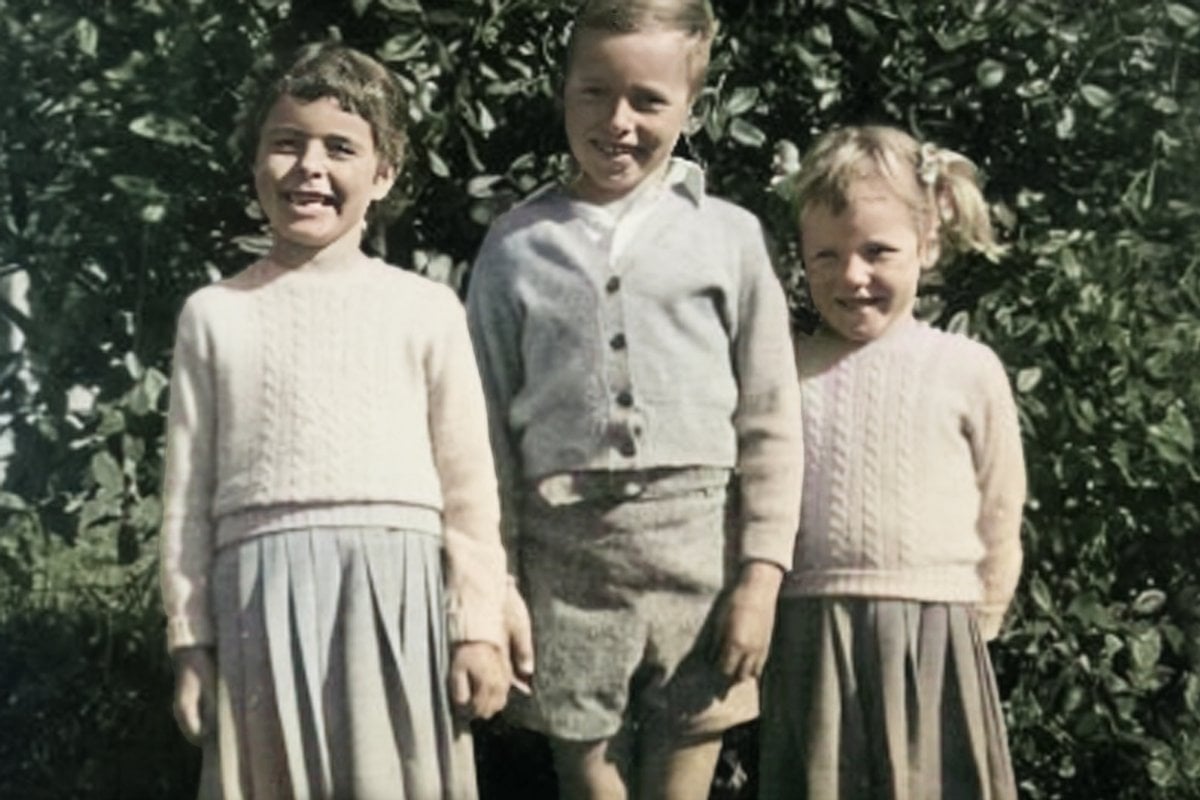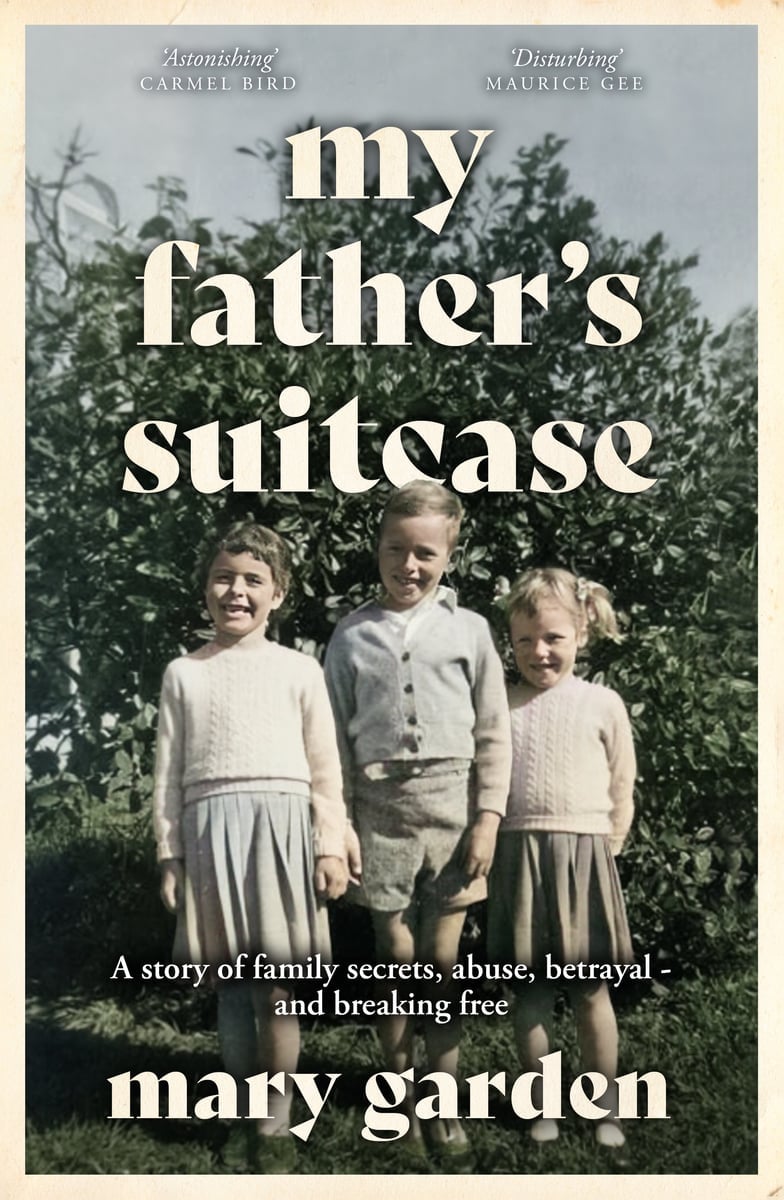
This story discusses abuse.
Mary Garden's first memory of her sister’s abuse was from when she was about seven years old. Her sister was just five.
Their family had moved to a small, two-bedroom house. Mary’s brother was given the second bedroom, and the two girls were forced to live in a wooden hut about 100 yards away from the house.
"She would attack me, usually at night, bite, scratch. My screams would bring dad running down the path, and I was always blamed. I must have done something to upset her."
At the time, she didn’t think of the attacks as abuse. It was just life. "Despite her bullying, my sister and I were best friends and talked a lot," says Mary.
Watch: Child Sexual Abuse - Why Kids Don’t Tell. Post continues after the video.
"I’ve discovered that this is called the 'friend' response. We hear of flight, fight and freeze responses to our body’s response to fear, but there is also another response: befriending the person who is attacking you. So, although I usually fought back, my long-term response was to appease her, be friendly with her, and forget about the abuse."


Top Comments